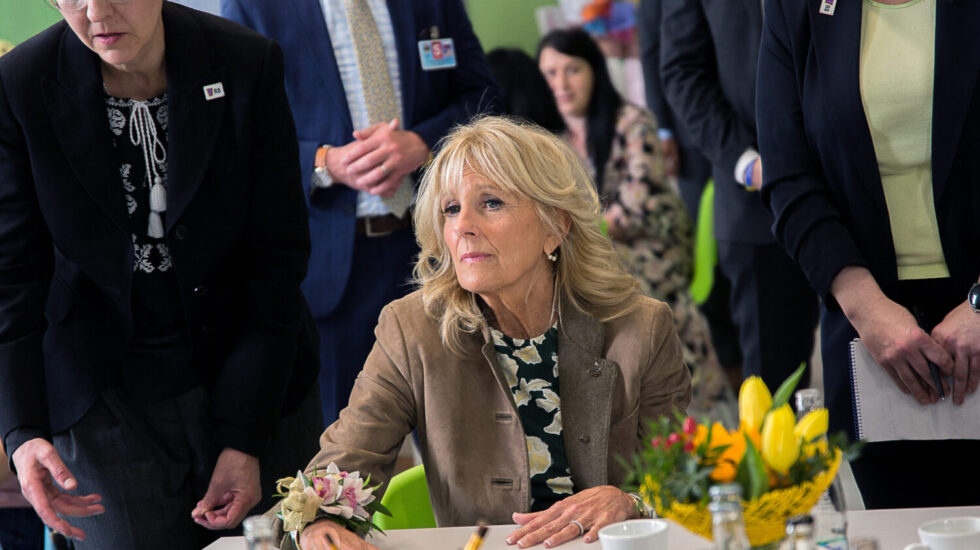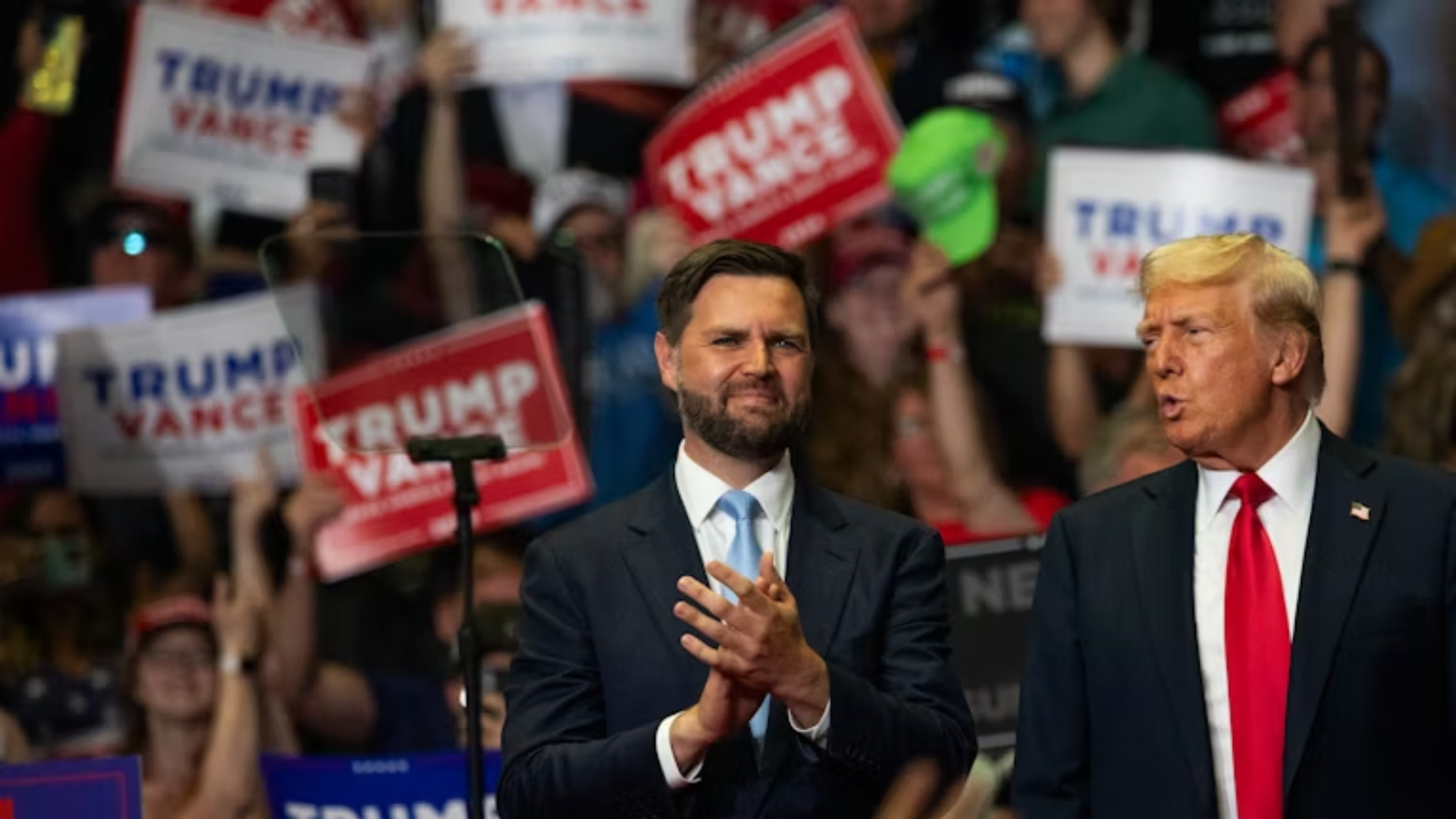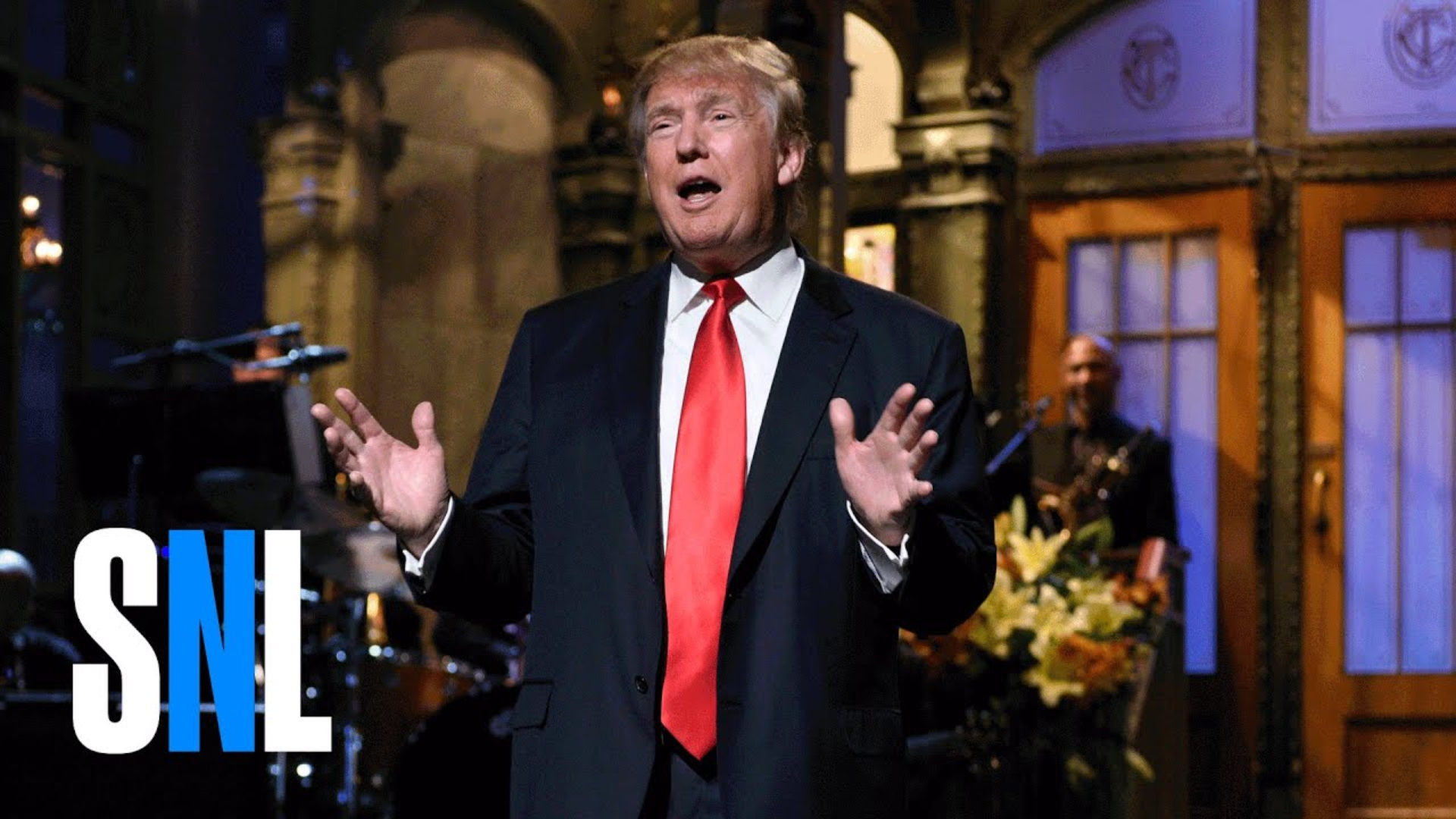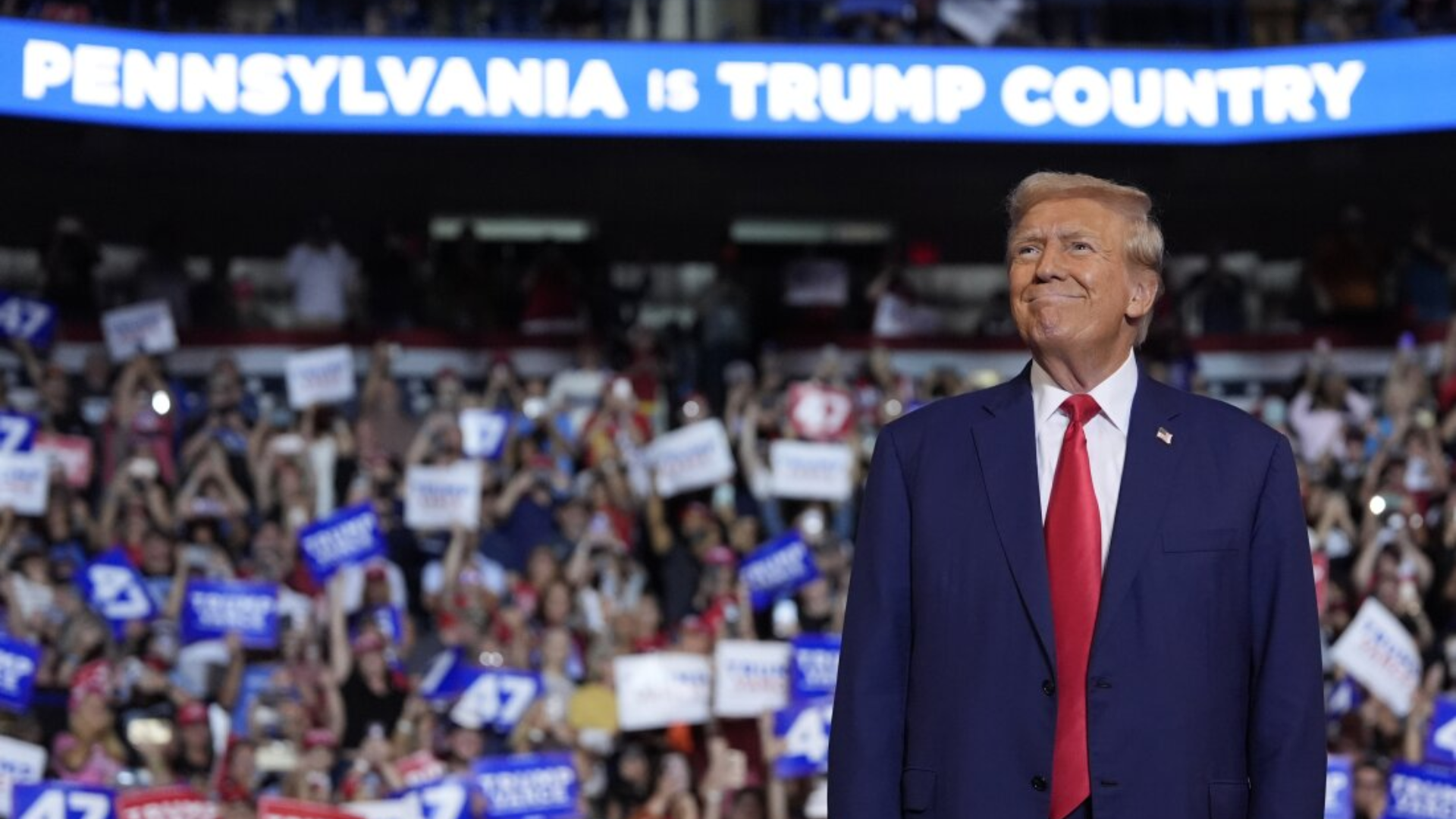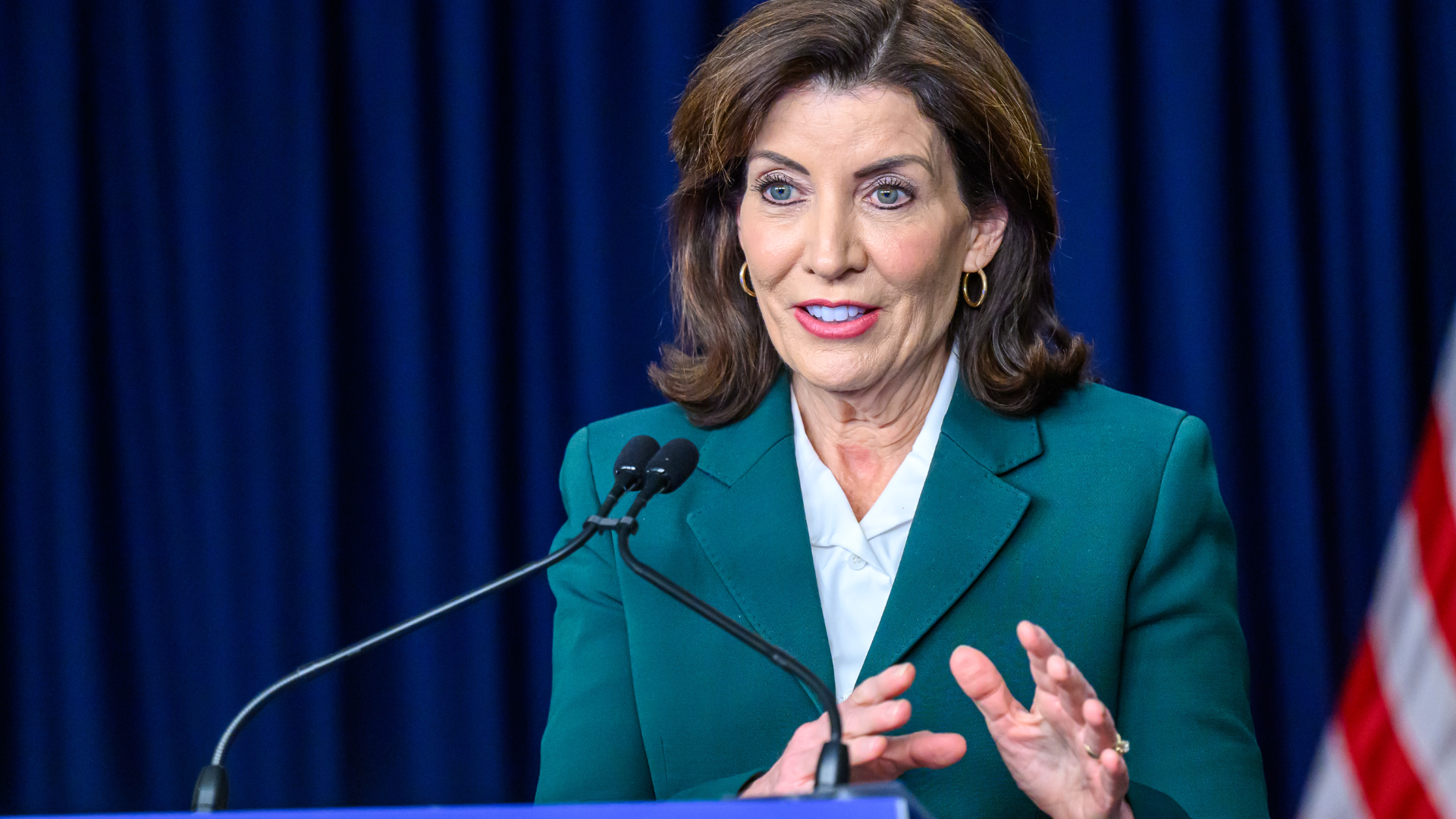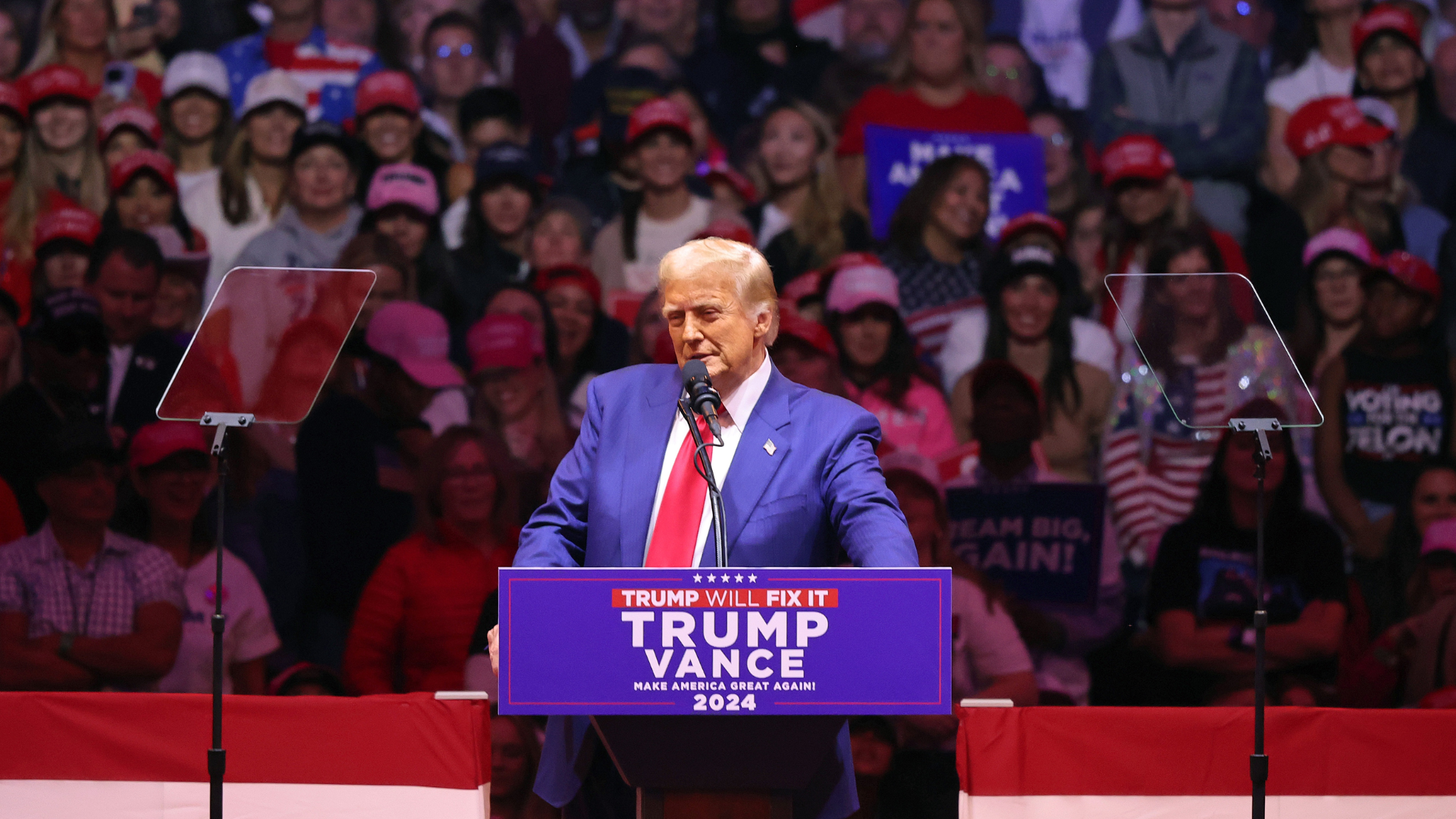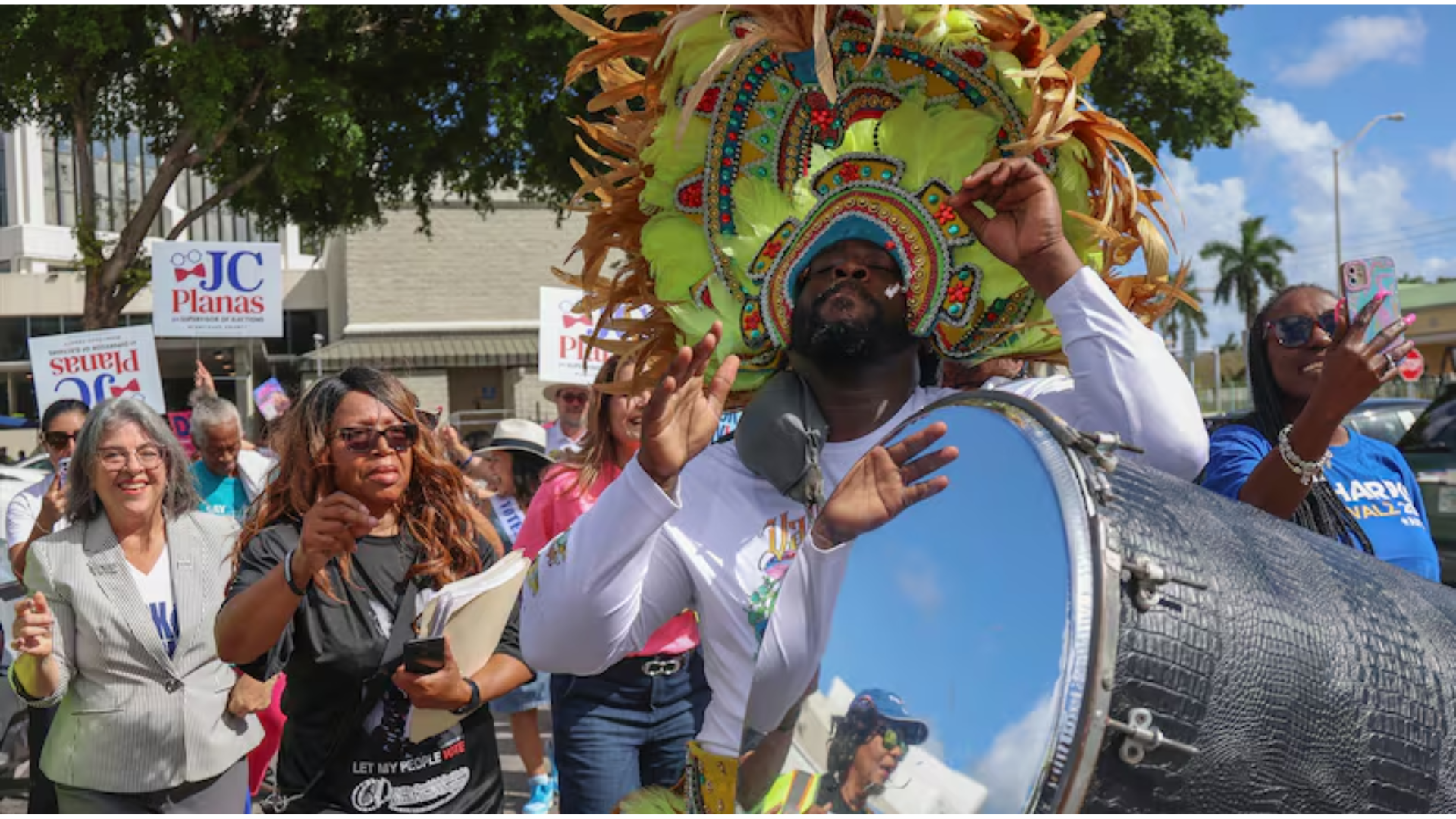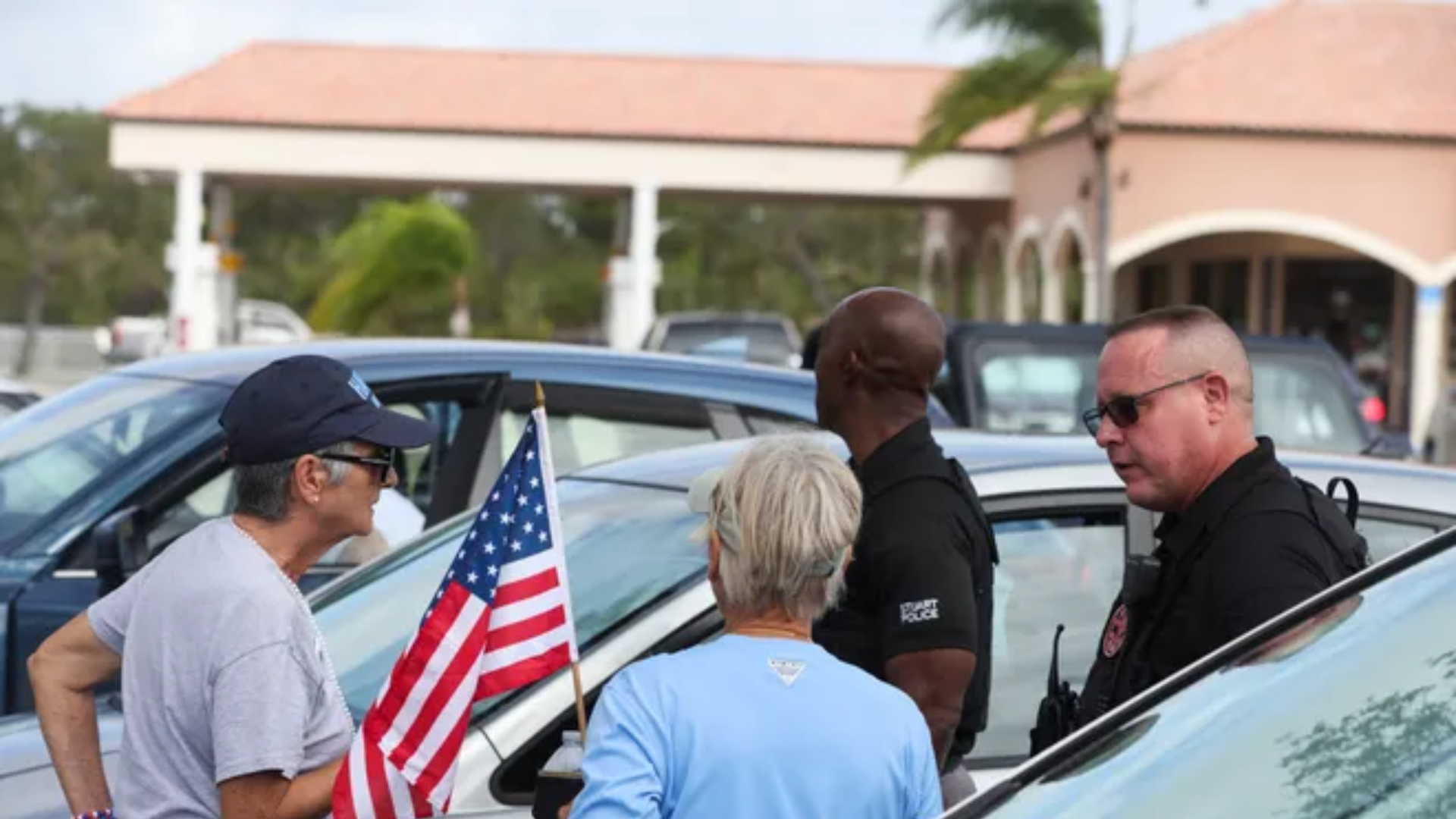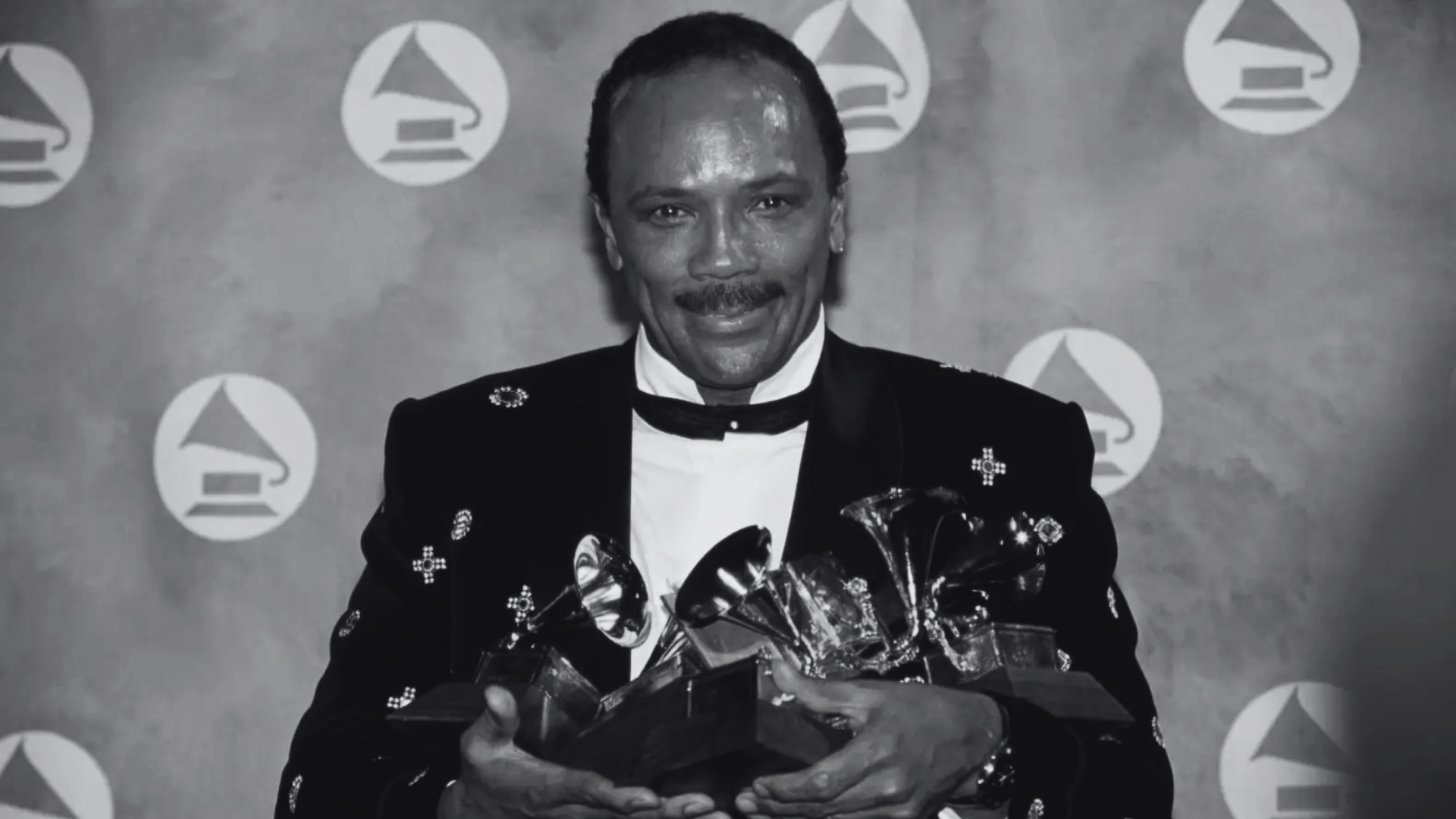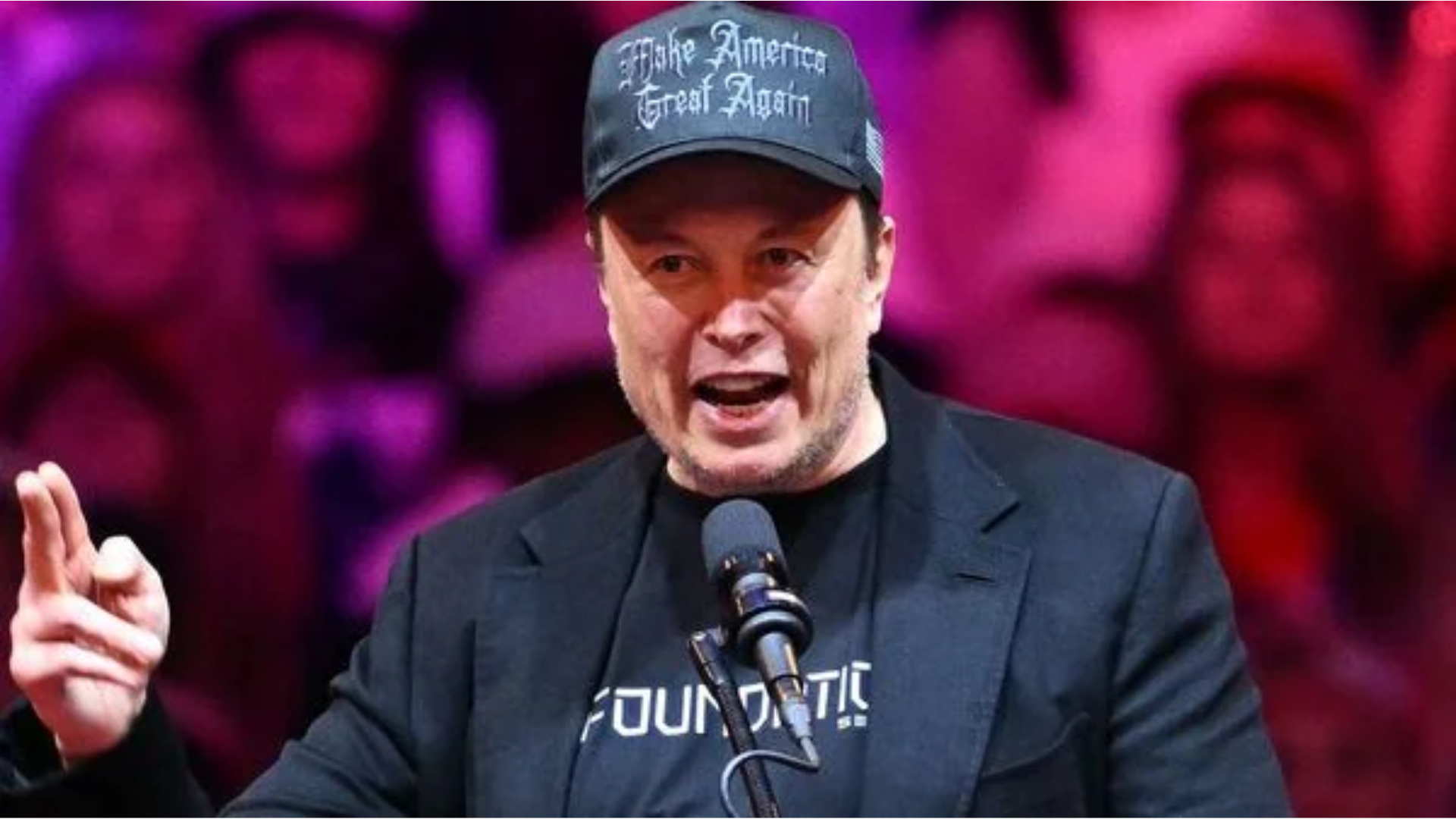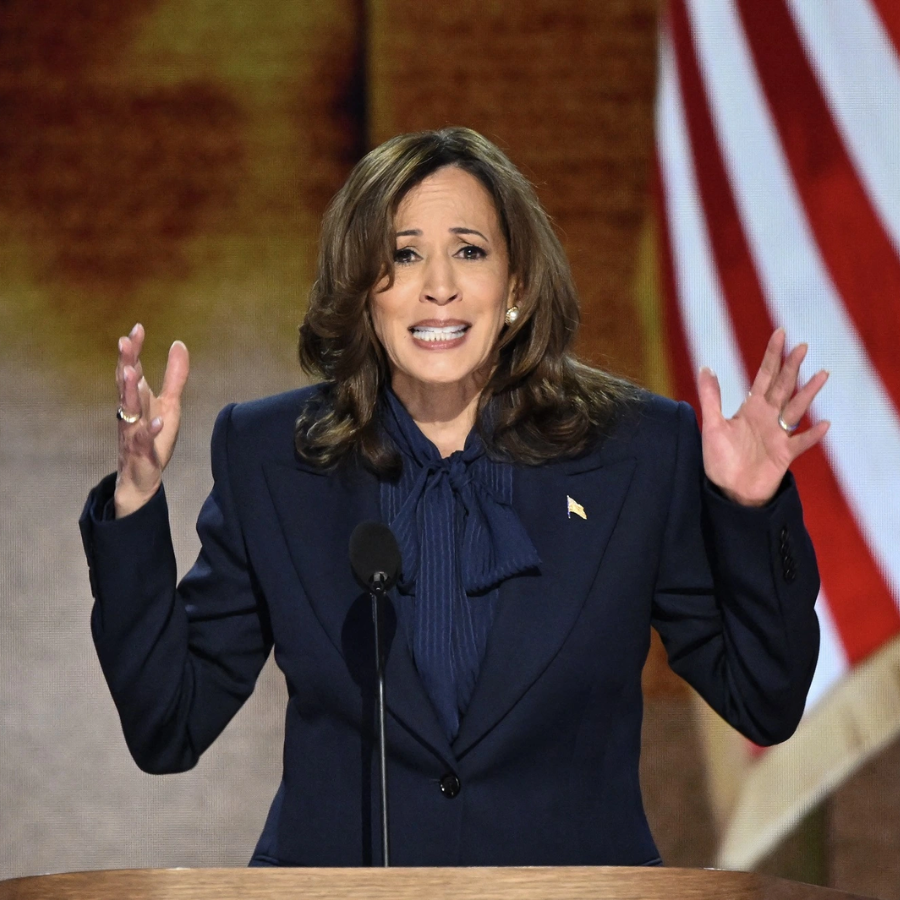
Vice President Kamala Harris voiced her support for raising the federal minimum wage to at least $15 an hour on Tuesday, making it a focal point in her campaign against former President Donald Trump. The announcement comes as the two candidates vie for working-class votes in the final weeks of the election.
Harris criticized Trump for avoiding a direct answer on whether he supports increasing the federal minimum wage, which has remained at $7.25 since 2009.
Harris Pushes for Economic Justice
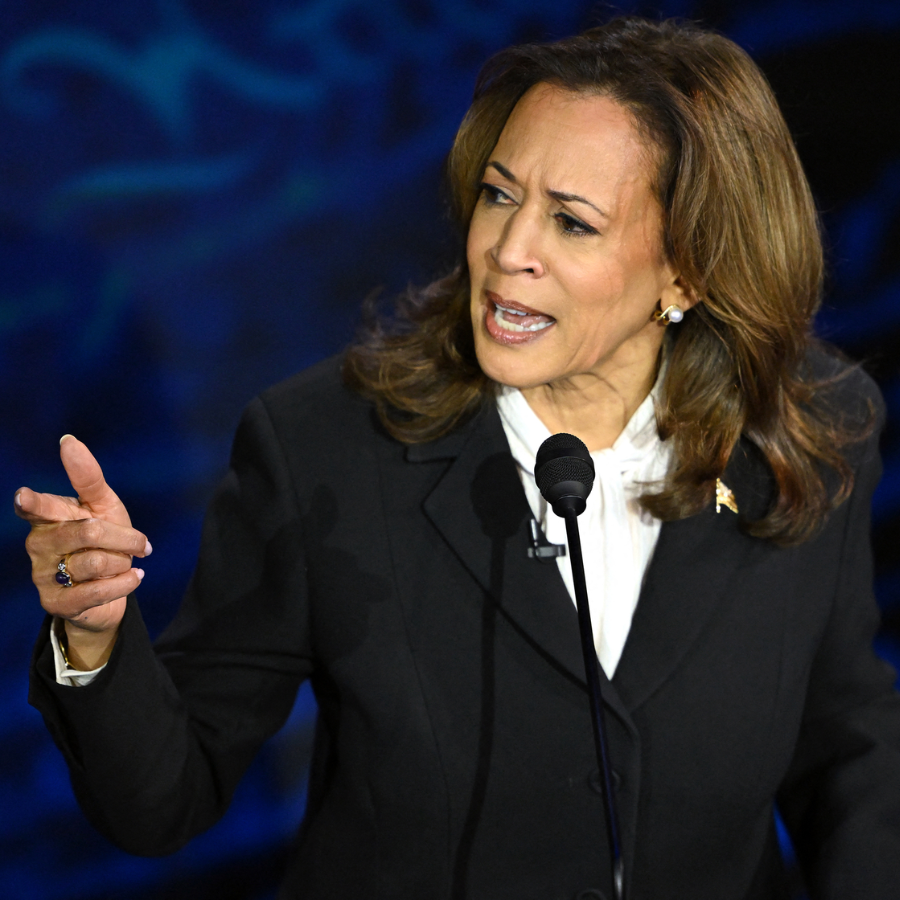
Harris, who had been discussing the need to raise the minimum wage for months, used her statement to highlight the stark contrast between her and Trump’s economic policies. In an interview with NBC News, she clarified her position, saying, “At least $15 an hour, but we’ll work with Congress, right?
That’s something that is going through Congress.” This marks the first time Harris explicitly stated a target for the wage increase, signaling her commitment to improving the lives of low-wage workers.
Trump, during a campaign stop at a McDonald’s in Pennsylvania, dodged the question when asked about his stance on the federal minimum wage. Instead of offering a direct answer, he responded vaguely: “Well, I think these people work hard, they’re great.”
His campaign later deflected Harris’s comments, accusing her of “lowering real wages and raising prices via reckless spending,” according to a statement from Republican National Committee spokesperson Anna Kelly.
The Need for a Higher Wage
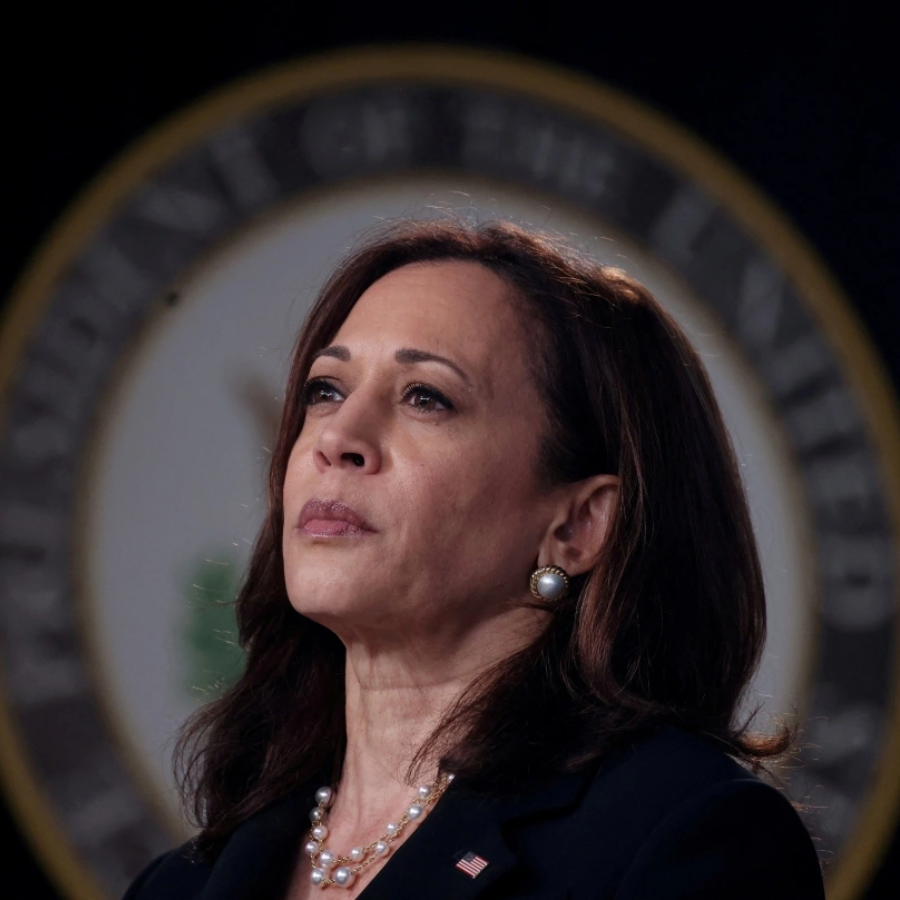
Harris seized on Trump’s reluctance to address the issue, framing it as an opportunity to contrast their approaches. She noted that full-time workers earning $7.25 an hour make approximately $15,000 a year, which she described as “essentially poverty wages.”
Her platform includes raising the federal minimum wage and eliminating federal income taxes on tips, a proposal she unveiled earlier in her campaign.
Harris has often referred to her own experience working at McDonald’s as a young woman, drawing from it as a source of empathy and understanding for working Americans. In contrast, Trump has repeatedly questioned the authenticity of Harris’s claim without providing any evidence.
The push for a $15 minimum wage has been a central issue for Democrats for years, with the “Fight for $15” movement gaining momentum since 2012. This movement, led by low-wage workers, has called for better pay and working conditions, particularly in industries like fast food, where wages are notoriously low.
Economic and Political Implications
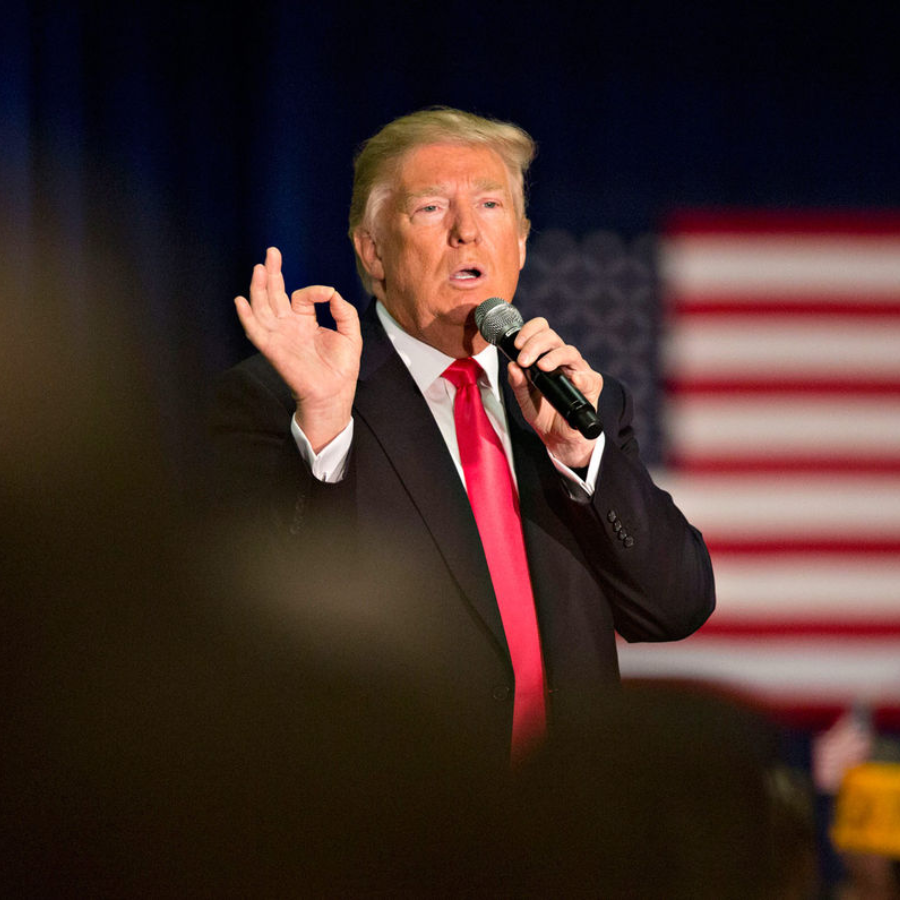
While Democrats see raising the minimum wage as an essential step toward economic justice, Republicans have argued that such a move could lead to job losses. Critics, backed by some employers, claim that a significant wage hike would force businesses to cut jobs or increase prices, potentially hurting both workers and consumers.
In 2021, the Biden administration attempted to raise the federal minimum wage to $15 an hour as part of its COVID-19 relief package.
However, the effort was blocked in the Senate. A report from the Congressional Budget Office at the time indicated that raising the wage could lift 900,000 people out of poverty and increase wages for 27 million workers.
However, it could also result in the loss of 1.4 million jobs and add $54 billion to the federal deficit over a decade.
Despite setbacks at the federal level, many states and localities have taken matters into their own hands. More than 30 states, along with the District of Columbia, have implemented minimum wages higher than the federal level, with 63 localities setting even higher thresholds.
Private employers, including major corporations like Amazon and Target, have also voluntarily raised their minimum wages to $15 an hour or more to attract and retain workers.
The Final Stretch of the Campaign
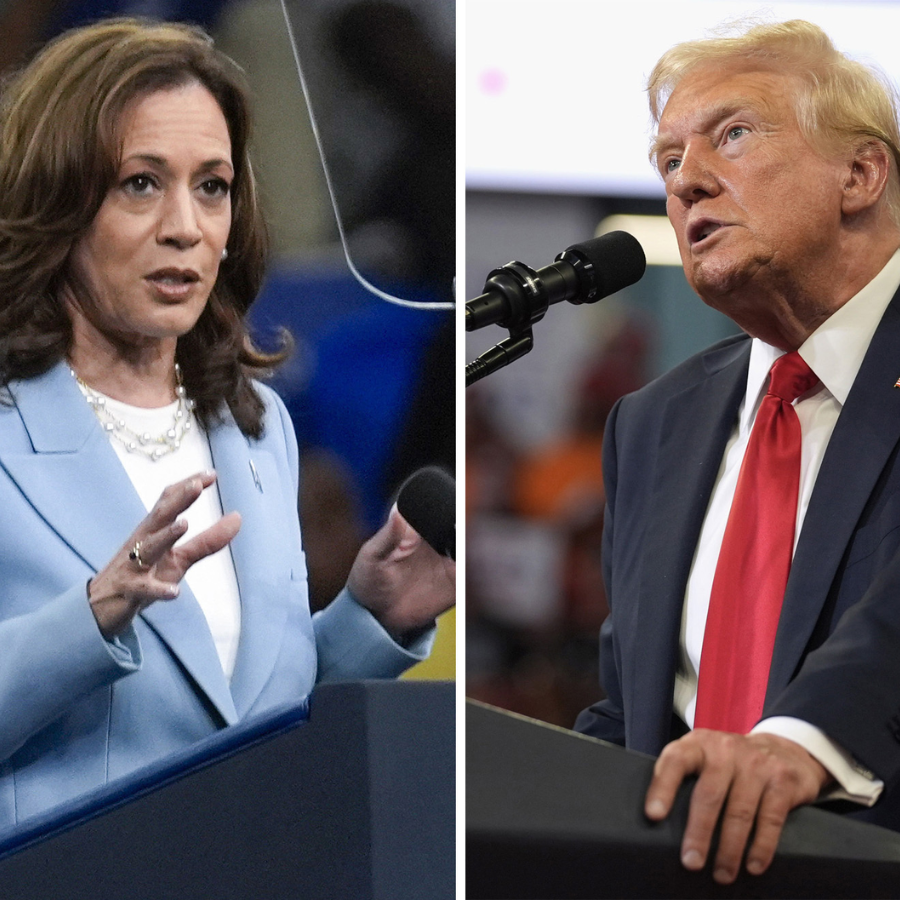
With Election Day approaching, Harris is doubling down on her economic platform, drawing a clear line between her vision and Trump’s vague stance on key issues like the minimum wage. Her call for a $15 minimum wage appeals to voters who are struggling to make ends meet and aligns with broader Democratic efforts to address economic inequality.
For Harris, the issue is not just about wage increases but about dignity and respect for American workers. “Hardworking Americans, whether they’re working at McDonald’s or anywhere else, should at least have the ability to take care of their family and sustain their needs,” she said during a campaign stop in Michigan.
As the election draws nearer, the debate over the minimum wage serves as a key battleground in the broader fight for the future of the American economy. Harris’s clear support for working-class Americans stands in contrast to Trump’s ambiguous approach, underscoring the critical choices voters face in this election.
